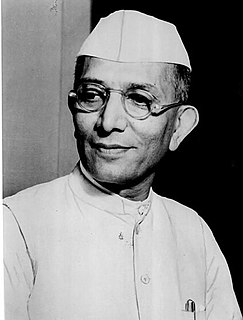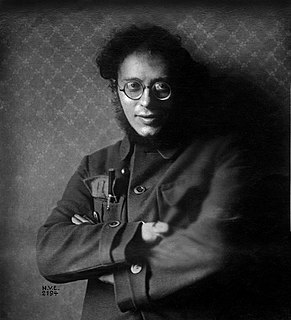A Quote by J. G. Ballard
When the modern movement began, starting perhaps with the paintings of Manet and the poetry of Baudelaire and Rimbaud, what distinguished the modern movement was the enormous honesty that writers, painters and playwrights displayed about themselves. The bourgeois novel flinches from such notions.
Related Quotes
In less than a century we experienced great movement. The youth movement! The labor movement! The civil rights movement! The peace movement! The solidarity movement! The women's movement! The disability movement! The disarmament movement! The gay rights movement! The environmental movement! Movement! Transformation! Is there any reason to believe we are done?
I don't think any particular painters have inspired me, except in a general sense. It was more a matter of corroboration. The visual arts, from Manet onwards, seemed far more open to change and experiment than the novel, though that's only partly the fault of the writers. There's something about the novel that resists innovation.
Modern art to me is nothing more than the expression of contemporary aims of the age we’re living in. All cultures have had means and techniques of expressing their immediate aims – the Chinese, the Renaissance, all cultures. The thing that interests me is that today painters do not have to go to a subject matter outside of themselves. Most modern painters work from a different source, they work from within.
The complaint about modern steel furniture, modern glass houses, modern red bars and modern streamlined trains and cars is that all these objets modernize, while adequate and amusing in themselves, tend to make the people who use them look dated. It is an honest criticism. The human race has done nothing much about changing its own appearance to conform to the form and texture of its appurtenances.




































